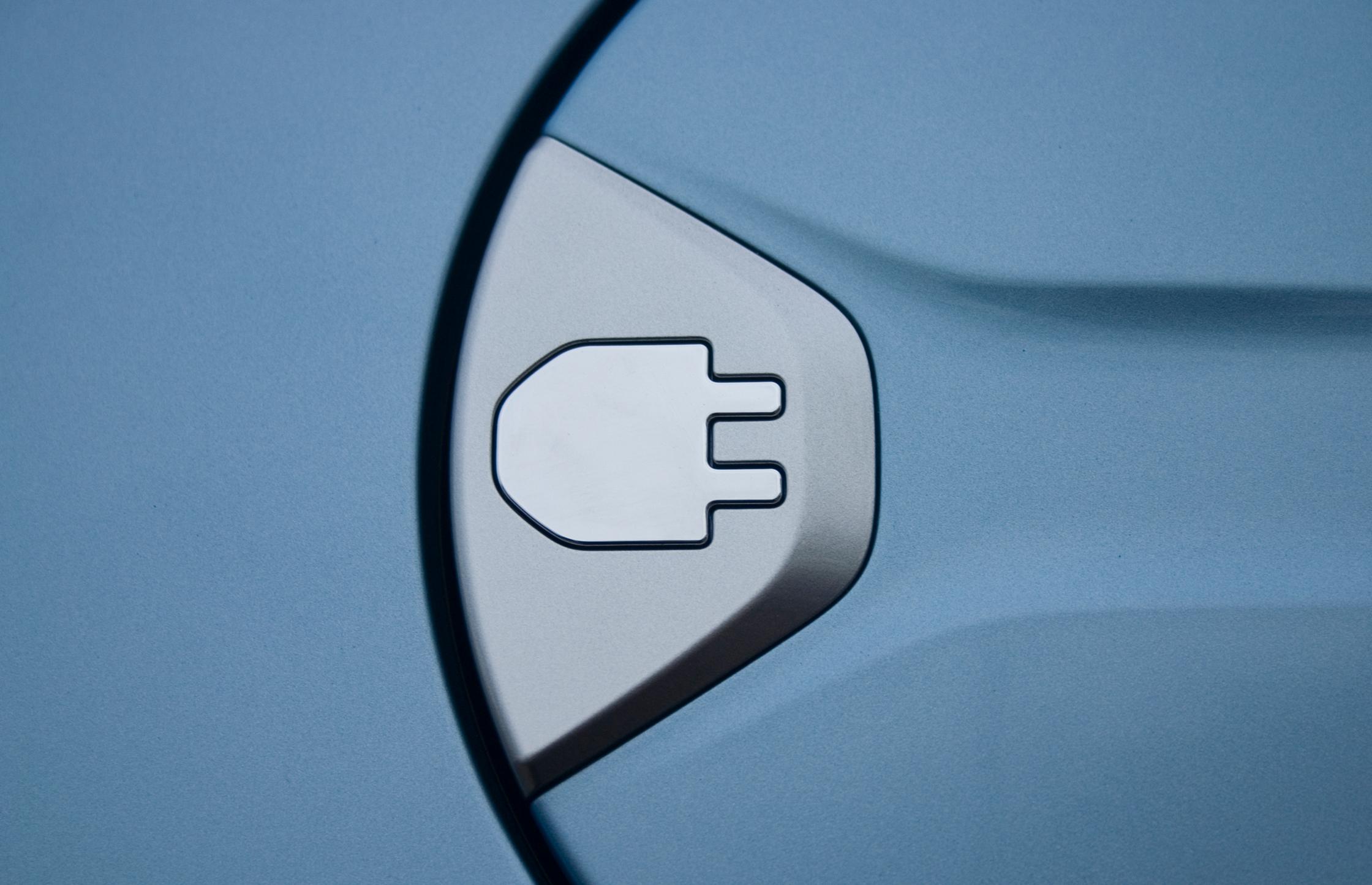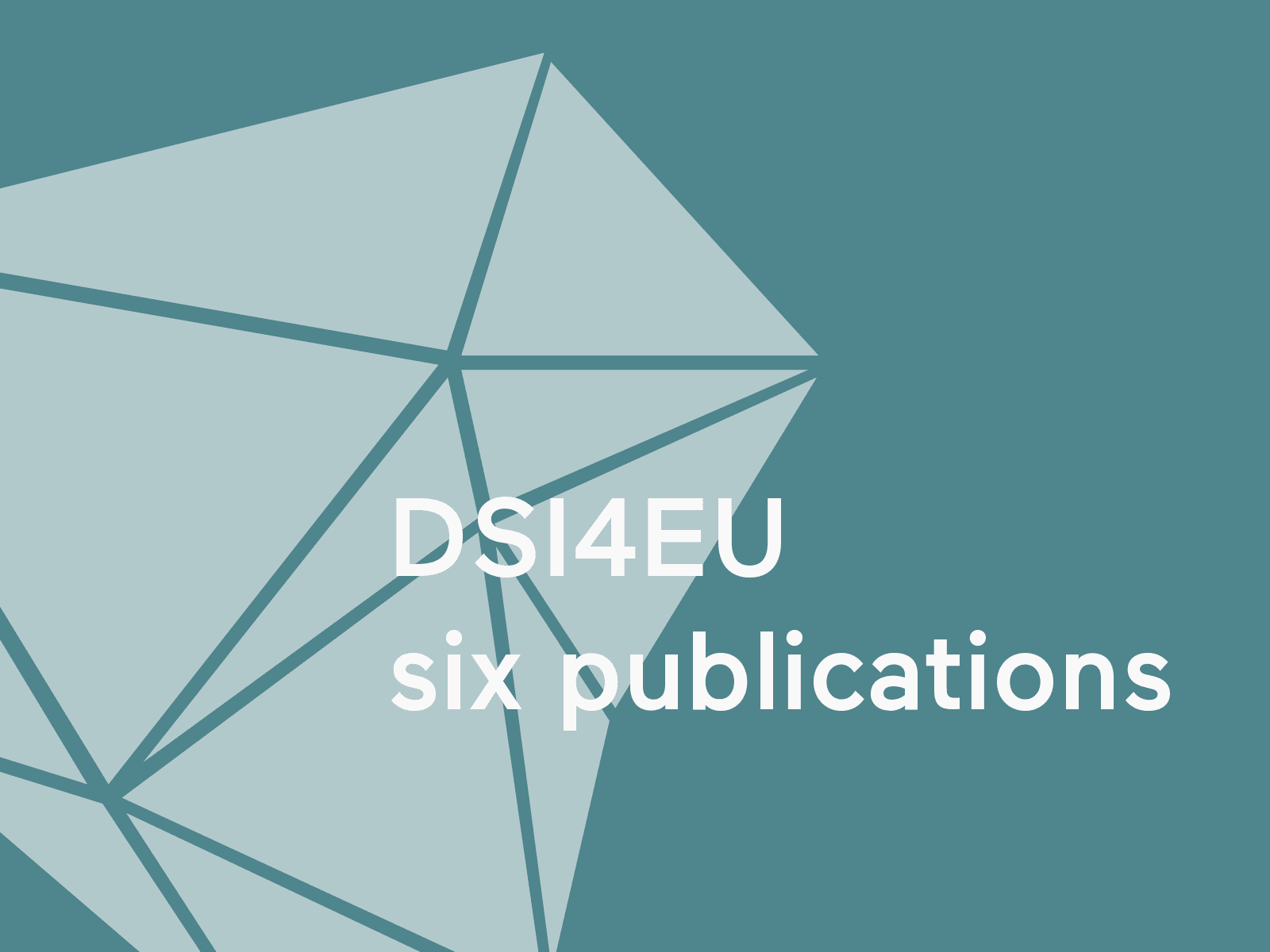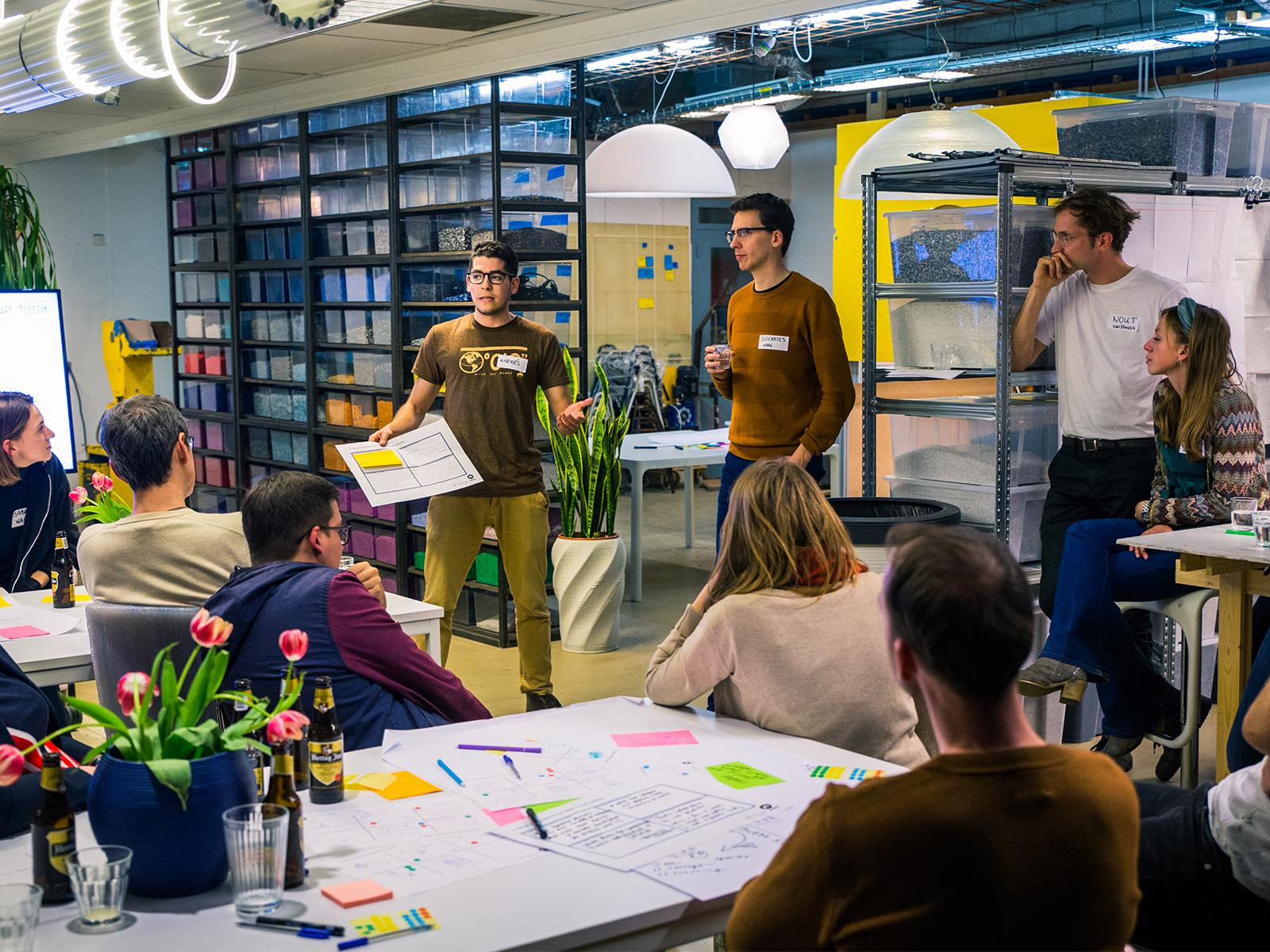Looking at smart city experiments through the lens of social appraisal
Over the last two decades, cities across the globe have increasingly become the stage of 'experiments'. In various formations, policymakers, researchers, companies, citizens and intermediary organisations like Waag engage collaboratively in experimental projects that intend to change the social and material fabric of cities for the better.
Throughout this, information and communication technologies (ICTs) have come to play a prominent role in such experiments. Technology is increasingly being used to test new approaches to urban issues, monitor and evaluate their success, and systematically gather lessons that can be followed up on in future projects. This practice of 'smart city experimentation' thus much resembles the trial-and-error experimentation in science, even if the 'trial' is often on a very large scale (as is, sometimes, the error). But what does it actually mean to be using technology in such 'smart city experiments'? This question is core to my Master’s thesis research.
Technology: a neutral instrument for change?
To start with, it’s useful to consider the different ways in which technology and its uses can be perceived. Many people assume that the application of technologies is a largely objective process — as if the design of technological solutions exclusively concerns a form of 'hard science'. According to this view, technology is seen as a neutral instrument for change. But is it really?
Adopting the concept of 'social appraisal of technology' brings an alternative perspective and a different diagnosis. In order to understand what this means, imagine that you were to put on a pair of glasses that make you look at technology and its use in smart city experiments as a range of processes set in motion and continually designed by people, rather than as a black box, a 'given' that is inert to the effects of social life.
If you would then also use these glasses to look at the actors involved in smart city experiments, you will see that the involved actors' interests, backgrounds and relations significantly influence how technology is used in the experiments and, therefore, what the projects themselves look like as a whole. Through these glasses, smart city experiments don’t look neutral at all. Rather, they look like the outcomes of politically-infused deliberate choices about technology and its use, which are in turn shaped by context and prevailing power relations.
Looking at experiments through the lens of social appraisal
In my thesis research, I aim to use these glasses of the 'social appraisal of technology' to uncover the political implications of smart city experiments. I seek to understand what the aim of such experiments is, why different actors engage in them and how these actors perceive the role of technology in experiments. Why would a university, a for-profit technology company or the local government want to become involved in an experiment that uses technology, determining what the experiment will look like, who and what will be included, and how the experiment’s intervention will be realised?
In order to find an answer to this question, I’m studying how four smart city experiments on urban smart grids and online community platforms in Amsterdam and Stockholm were constructed and have developed over time. Regarding urban smart grids, I look at the Smart Energy City project that aims to build smarter electricity networks and energy-efficient homes in Stockholm’s Royal Seaport district, as well as at the smart grid deployment taking place in Amsterdam New-West. Concerning online community platforms, I focus on LocalLife, which is being developed for communities in Stockholm, and HalloIJburg.nl, which is being used by the IJburg community in Amsterdam East.
Approaches to technology use: means-ends or value-based?
Most importantly, my research findings for these projects point out that the intention actors have to get involved in the use of technology significantly shapes the way in which smart city experiments are realised. This means that both the setup and outcomes of an experiment, as well as the presence and role of technology therein will be different depending on whose perspective on technology is adopted or most predominantly present throughout the experiment’s development. The Smart Energy City and HalloIJburg.nl cases serve as clear examples of how technology can be adopted in predominantly 'means-ends based' or 'value-based' ways, respectively.
My research on the Smart Energy City case, for instance, illustrates how a group of primarily for-profit information and communication technology companies engages in an experiment so as to use technology as such that it ultimately benefits their own core business interests. The smart home technology developed as part of the project is marketed by one of the actors, while the other actors use the lessons learned from the experiment as input for their future business innovation practices. The actors involved thereby seem to be merely working together as a means to reach their own ends, which most of them had already quite clearly defined at the start of the project. The Smart Energy City experiment could therefore be seen as an example of how a ‘smart city experiment’ can approach technology in a means-ends based manner.
Alternatively, my exploration of the HalloIJburg.nl case shows how a group of citizens in the Amsterdam neighbourhood IJburg uses technology to build an online platform that enables them to communicate and interact with each other in a more inclusive and participatory manner. Following the great interest that communities in Amsterdam and other Dutch cities showed in the platform, some of the initiative’s initiators decided to make the technology behind HalloIJburg.nl available for others by putting it in the hands of a cooperative, Gebiedonline.nl. This allows all communities aspiring to increase the quality of life in their street, neighbourhood or city through an online platform to do so by becoming a cooperative member. The platform technology that all members use and decide on together is based on several design principles that harness values that the IJburg community based their initial platform on.
The HalloIJburg.nl case could in turn be perceived to exemplify an experiment that approaches the use of technology in a value-based way.
Digital innovation or digital social innovation?
Especially the latter case relates most directly to practices of digital social innovation (DSI), since it represents a community initiative that, throughout its development, enables the people from IJburg and other cooperative members to alter and strengthen their social relations, using the online platform to foster interaction and participation between people both virtually and physically. Social relations have been focused on to a much smaller extent in the former case, where the interaction with and agency of the users of the smart home technology was relatively limited during the project’s development and implementation.
All in all, I believe my research essentially exemplifies how the use of technology can play out differently in experiments depending on why and how actors choose to use technology. The lens of the social appraisal of technology that I use to look at experiments is helpful to consider the what, why and how of technology use in the urban and thereby puts more emphasis on the politico-economic implications of choices about such technology use. This can eventually make it easier to distinguish between the more ‘socially innovative’ DSI initiatives that actively create new social relations through the use of technology and the more 'traditional' smart city experiments—those initiatives for which this social aspect of the use of technology is less prominent.


